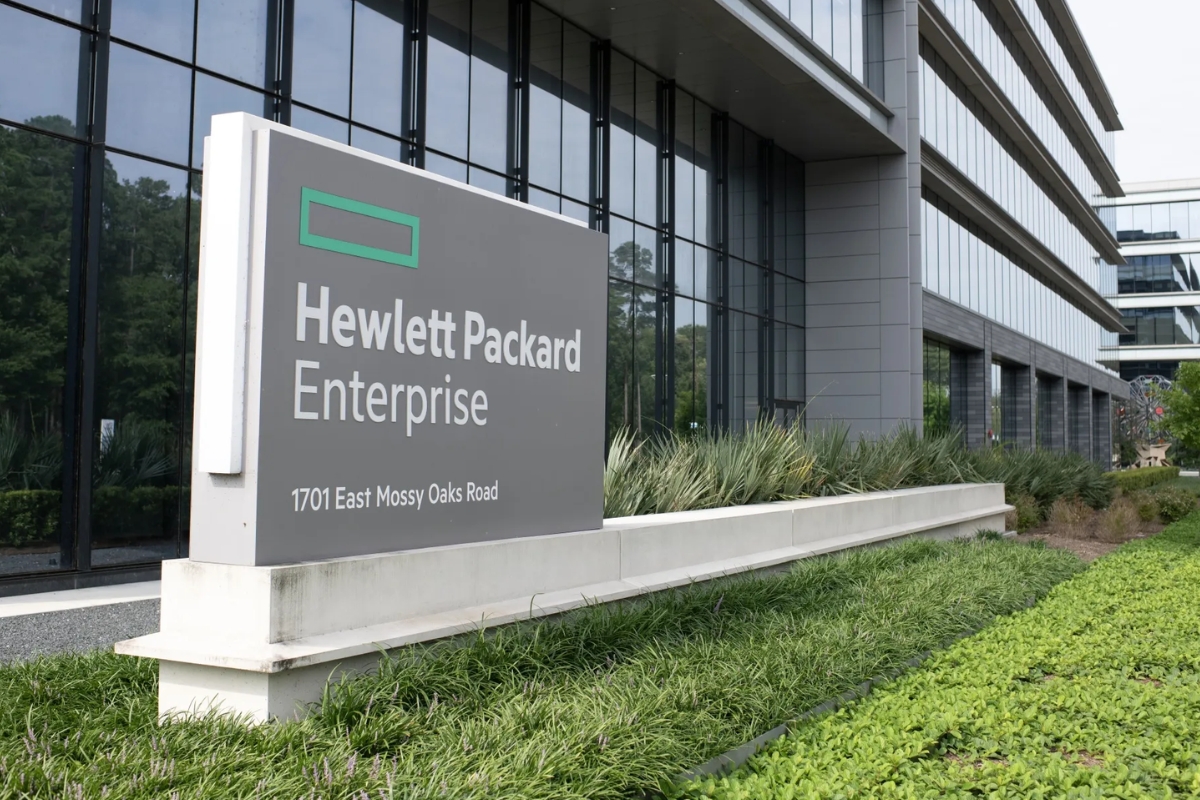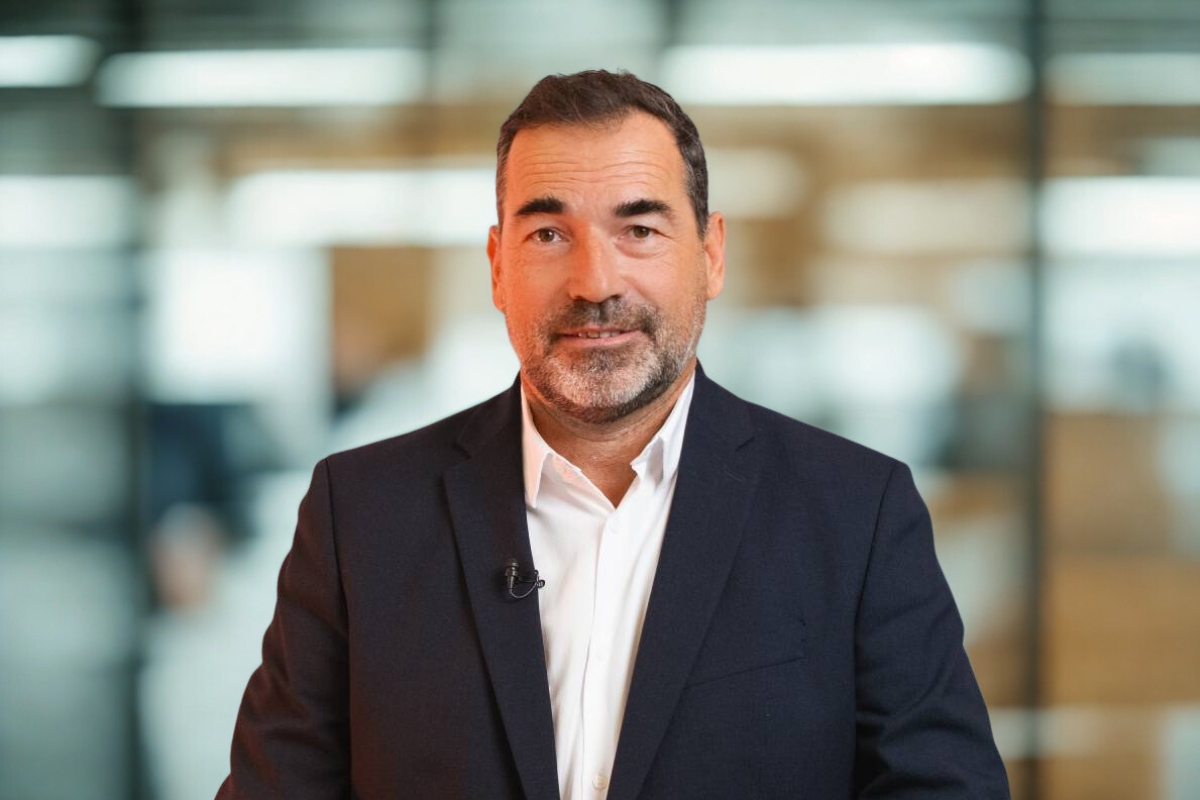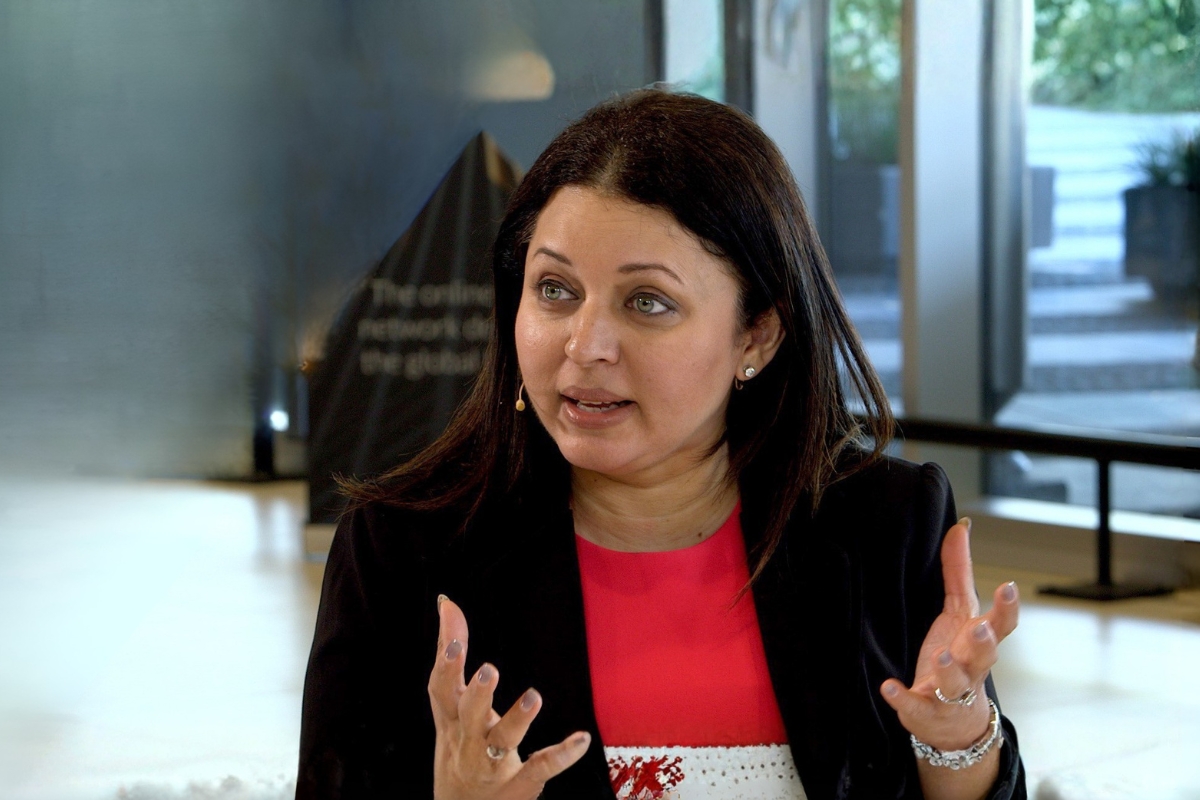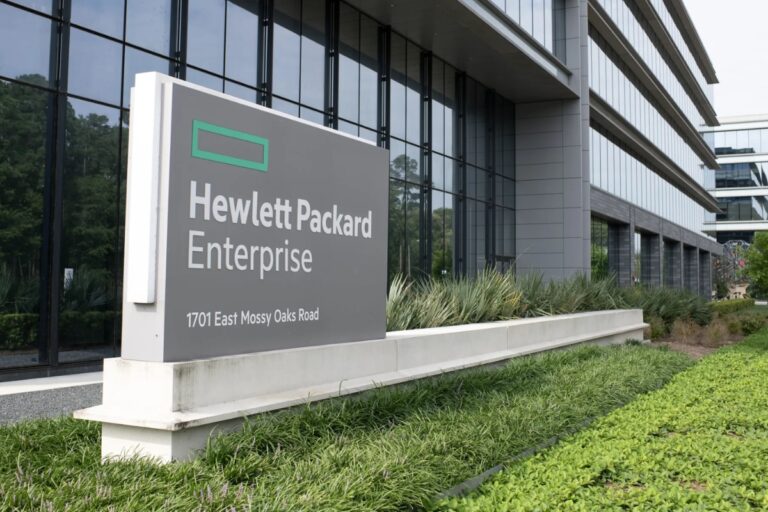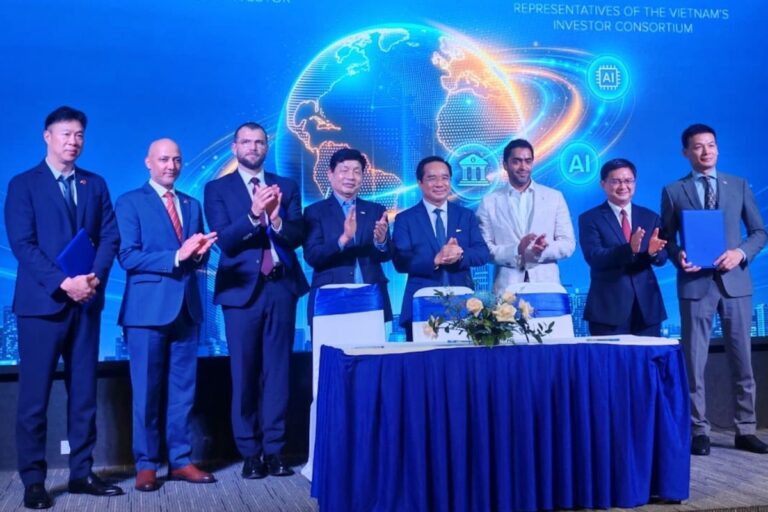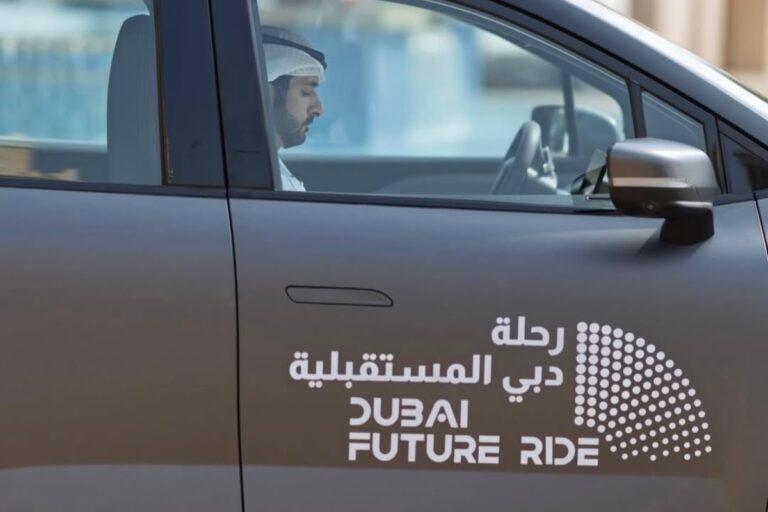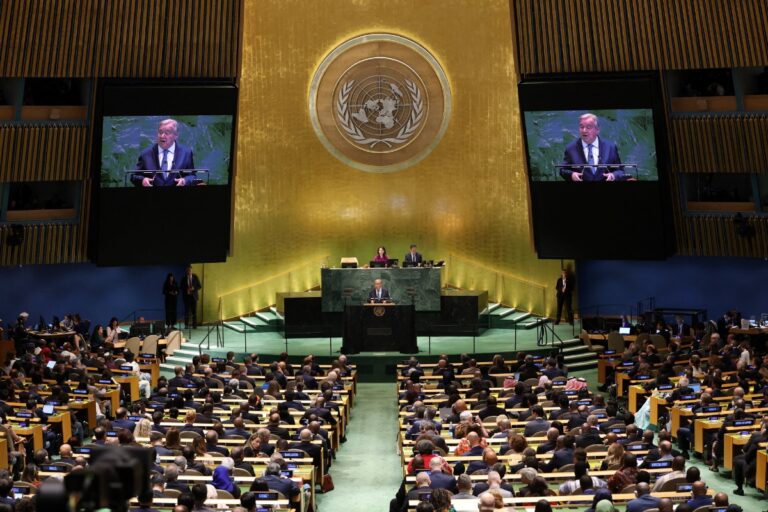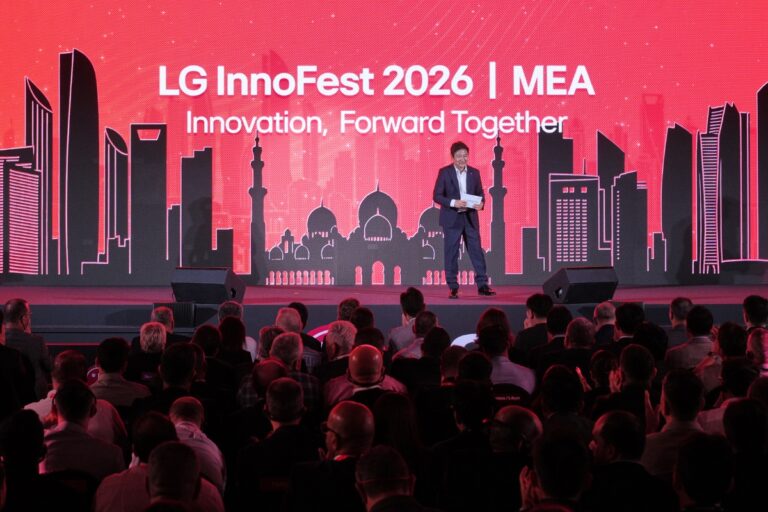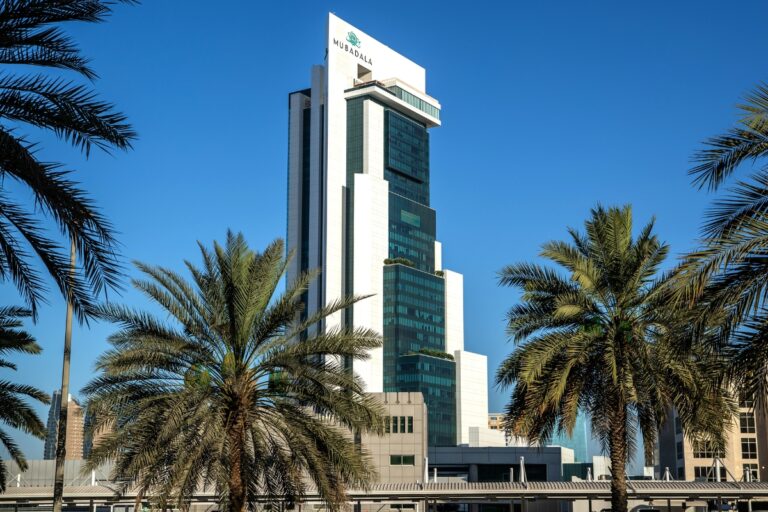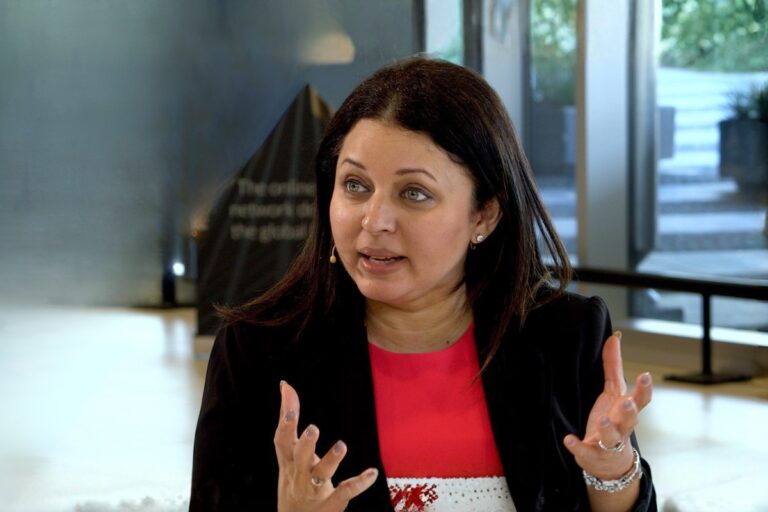The Future of Payment Innovation: Insights from Prakriti Singh of Mastercard
Finance is one of the most intriguing industries to explore because of its unique blend of innovation and regulation. The industry leads in adopting new technologies like AI, but remains heavily regulated due to its handling of highly sensitive data. With that in mind, we took the opportunity to speak with Prakriti Singh, Executive Vice President for Core Payments in Eastern Europe, the Middle East, and Africa at Mastercard. She shared valuable insights into Mastercard’s vision, as one of the most prominent fintech players globally.
You’ve recently stepped into a new leadership role at Mastercard. Can you share what this role entails and why it’s critical to Mastercard’s vision in today’s fast-evolving digital economy?
As Executive Vice President for Core Payments across Eastern Europe, the Middle East, and Africa, I’m responsible for overseeing Mastercard’s product solutions and driving adoption of innovative payment experiences across the region. In collaboration with our partners, my team and I drive innovation and growth in digital commerce through our wide range of products, including tokenization, authentication, biometrics, Mastercard Gateway, checkout solutions, crypto, and low-cost acceptance.
Our portfolio helps make digital commerce simple, seamless, secure, and inclusive. As digital payment adoption accelerates, our goal is to ensure everyone can participate in and benefit from the digital economy. That requires understanding local needs while delivering scalable, reliable and secure solutions. We’re focused on expanding choice and access across diverse markets, from advanced economies with established digital ecosystems to emerging markets where cash remains dominant.
Mastercard has been a key driver of payment innovation. What emerging technologies are you championing, and how do they shape future experiences across sectors like retail, travel, or government?
Innovation is part of our DNA at Mastercard. We are passionate about coming up with new ideas, embracing trends, and scaling innovations to meet demand and fuel customer success.
Our research reveals a powerful paradigm shift: consumers are prioritizing connection and spending time and money on what genuinely fulfills them – experiences with people who matter the most. To meet these evolving needs, Mastercard is unveiling a new suite of elevated benefits in the region – The Mastercard Collection – across its World, World Elite and newly created World Legend Mastercard cards. We want to transform everyday transactions into memorable experiences. That same principle – creating seamless, valuable moments for people – guides our technology roadmap across sectors from retail to travel and government. Emerging technologies such as tokenization, biometric authentication, AI, and blockchain are again central to this mission.
Tokenization continues to be foundational: by replacing card numbers with tokens, we secure e-commerce, mobile wallets and connected-device payments, removing sensitive data from transactions and reducing fraud risk. Complementing this, Mastercard Payment Passkey is streamlining online checkout by enabling device-based biometric authentication and removing one-time passwords – a faster, more secure consumer experience that we’ve already begun rolling out in the region.
We’re also shaping the foundation for next-generation commerce. That includes agentic commerce and programmable payments, where payments are increasingly embedded, personalized, and automated – all underpinned by the same token and security technologies that already enable contactless and card-on-file use cases.
Finally, on settlement and merchant economics, Mastercard is advancing digital settlement innovations. Our work to enable regulated stablecoin settlements and real-time clearing supports faster, more cost-efficient merchant payouts and smoother cross-border flows – helping merchants get paid sooner while preserving the security, compliance and interoperability businesses expect from traditional payments.
Mastercard’s Dubai office – photo by Mastercard
With AI evolving rapidly, how is Mastercard staying ahead of new threats in fraud prevention and security?
As consumers increasingly engage through AI platforms, Mastercard is helping shape the future of agentic commerce. In collaboration with Microsoft and other leading AI players, we are scaling solutions like Mastercard Agent Pay, which delivers smarter, more secure, and more personal payment experiences. At the heart of this innovation are Agentic Tokens, building on our proven tokenization capabilities that already power contactless payments, card-on-file, and biometric checkout with Mastercard Payment Passkeys. These tokens enable trusted, transparent, and programmable agentic payments – covering everyday needs like subscriptions and recurring expenses – so consumers and businesses can transact with security and control.
At the same time, we recognize that AI is both a challenge and an opportunity. Bad actors are using it to automate attacks, create deepfakes, and design more sophisticated scams. But AI is also one of our most powerful tools for protection. At Mastercard, we use AI to safeguard the more than 150 billion transactions we process annually, investing continuously to stay ahead of evolving threats. Through acquisitions such as Brighterion, RiskRecon, and NuData, we’ve strengthened our ability to detect fraud in real time, protect merchants, and improve approval rates. A good example is Transaction Risk Management powered by Brighterion, now deployed across EEMEA via Mastercard’s Payment Gateway, giving acquirers advanced tools to reduce fraud while approving more genuine transactions.
We are also scaling next-generation innovations like Decision Intelligence Pro, which uses GenAI to improve fraud detection by up to 300%, and Account Intelligence Reissuance, which helps issuers determine when and how to reissue compromised cards using AI-driven recommendations. Alongside these, we continue to expand our global threat intelligence capabilities with Recorded Future, ensuring businesses can stay one step ahead of cybercriminals.
And we’re extending our expertise beyond payments. In the UAE, we launched the Center for Advanced AI and Cyber Technology in partnership with the government, developing AI-powered solutions to fight financial crime and secure the wider digital ecosystem. In Saudi Arabia, our new Cyber Resilience Center in Riyadh is equipping organizations with the tools, expertise, and strategies to detect and respond to risks in real time. Together, these efforts reflect our commitment to building a safer, more trusted digital economy across the region.
Tokenization is seen as a game-changer for digital security. What strides is Mastercard making in this space, and how is it influencing consumer trust and ecosystem resilience?
It took us three years to process our first billion tokenized transactions – today, we see over a billion each week, and tokenization has become a cornerstone of our network. And we have more tokens enabled for digital payments than we have physical cards in circulation – that’s true scale.
Driven by this progress, we’re more committed to tokenizing commerce than ever. We have set a goal for ourselves to tokenize every transaction on our network by 2030, phasing out manual card entry and making online checkout smoother and more secure.
Tokenization holds the potential to accelerate innovation across physical and digital commerce. Today, tokens already play an important role in experiences like in-car commerce, electric vehicle charging, and the Internet of Things. Over the next five years, we expect tokenization to unlock even more new use cases, increasing speed and convenience across the entire commerce landscape. As tokenization becomes more widespread, it will enhance security and trust across the ecosystem, benefiting banks, consumers, and businesses alike.
The conversation around crypto continues to evolve – what’s your take on its maturity, and how does Mastercard view its role in the broader fintech ecosystem?
The crypto ecosystem has undergone a remarkable transformation over the past decade. What began as a niche experiment in decentralized finance is maturing into a dynamic and multifaceted industry, increasingly intersecting with traditional financial systems. Yet, despite its progress, this space remains in a transitional phase, marked by innovation, volatility, and the need for greater trust, compliance, and utility.
As stablecoins gain traction and scale across the EEMEA region, Mastercard’s approach prioritizes scalability, regulatory alignment, and tangible utility, reinforcing its position at the forefront of payments innovation.
We continue to support the growth of stablecoins globally and today enable end-to-end stablecoin payments. This includes ongoing, global work with Circle to give merchants the option to receive their payments in stablecoins – regardless of how a consumer chooses to pay. Along with Circle’s USDC, Mastercard supports a growing portfolio of regulated stablecoins from issuers around the world, including Paxos’ USDG, Fiserv’s FIUSD, and PayPal’s PYUSD.
In addition, we are driving broader efforts to drive regulated, real-world stablecoin use cases across remittances, B2B transactions, and payouts to gig workers and creators via platforms like Mastercard Move and the Multi-Token Network (MTN). Underpinning this is Mastercard’s robust infrastructure, including Crypto Credential and Crypto Secure, which ensure that stablecoin transactions meet the highest standards for security and compliance.
As an example, Mastercard and Circle are deepening their longstanding partnership to enable USDC and EURC settlement for acquirers in the Eastern Europe, Middle East, and Africa (EEMEA) region. This expanded effort marks the first time that the acquiring ecosystem in EEMEA will be able to settle transactions in stablecoins, further cementing Mastercard’s role in connecting blockchain-native crypto assets with traditional fiat commerce infrastructure. Arab Financial Services and Eazy Financial Services will be the first to benefit from this expanded effort.
At Mastercard, we believe the true potential of blockchain and digital assets lies not in speculation, but in solving real-world problems. From modernizing cross-border payments to enabling programmable commerce, crypto technologies are reshaping how value moves globally. But to scale meaningfully, they must be embedded in trusted infrastructure that offers the same protection, reliability, and seamless experiences that consumers and businesses expect from traditional payments.
